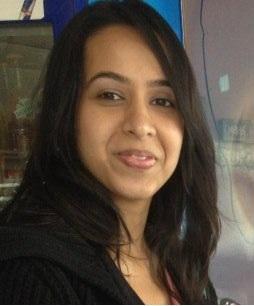Public goods provision and socio-economic hierarchies in Lahore slums
Squatter colonies (slums) are argued to be an avenue of upward mobility, especially for the rural poor migrant. They provide their residents with affordable living quarters so they can take advantage of the city through (i) its large market and (ii) by offering them anonymity so as to enable them to escape social poverty.
However, being squatters, not only do these citizens face insecure tenure, but often they fall outside the jurisdiction of the municipal government resulting in them receiving very limited, if any, public goods from the state. In light of these low levels of provision, community based development (CBD) is now being propagated as a viable solution. And from the work of Elinor Ostrom we know that Olson’s (1972) prediction of the collective action problem hindering the success of such projects is overly pessimistic, as such activities have been found to be fairly successful (see also Baker, 2005; Wade, 1988, Khrisna 2002, Ostrom, 2000).
The primary aim of our project is to explore the level and characteristics of community participation in slum communities. Following from the literature we are working on the assumption that slum-dwellers are migrants. Moreover, for the purpose of this study we will proxy bargaining power through security of tenure-ship.
Perusal of government documents provided by the Katchi Abadis (slums) Directorate in Lahore has revealed that slums in Lahore may be classified into three broad categories: (1) those that have been established on public land and have been recognized by the municipality (i.e. notified slums), (2) those that are on public land and have not been registered and thus have insecure tenure (i.e. non-notified slums), and (3) those that are on private land and are not under municipal purview. It is worth point pointing out that in all three types, inhabitants may or may not have property rights.
Our sampling strategy involves a survey of 30 percent of randomly drawn households in (a random draw of) 10 percent of each of three categories of slums. Through a socioeconomic household survey we seek to answer 3 main questions:
- How do people migrate to cities i.e. by relying on their informal networks or anonymously?
- How do slum dwellers gain access to public goods? To what extent do slum dwellers rely on their informal networks for the provision of public goods?
- To what extent do power structures in slums block or facilitate collective action?
The study will make both theoretical and empirical contributions. Theoretically, it will add to our understanding of bargaining power and the role of social networks in slums, and the extent to which migrants are able to reinvent themselves in the urban setting. Empirically, it will add to the scarce literature on the political economy of urban Pakistan and the mechanism through which public goods provision can be increased in slums. Finally, the research could be useful for policy-makers aiming to increase developmental outcomes amongst migrant communities.




